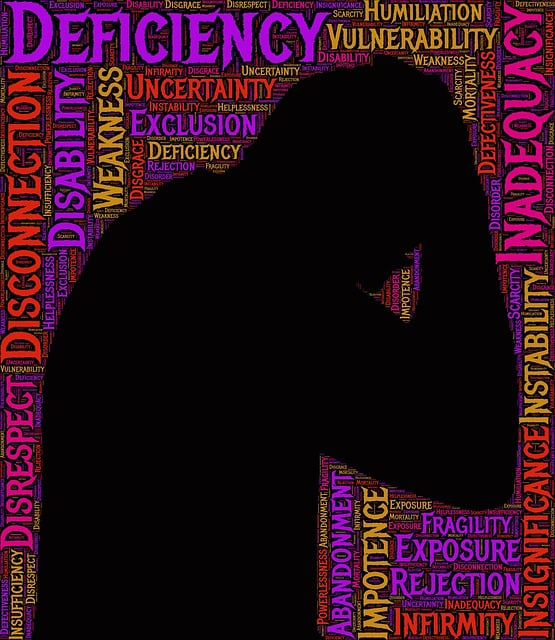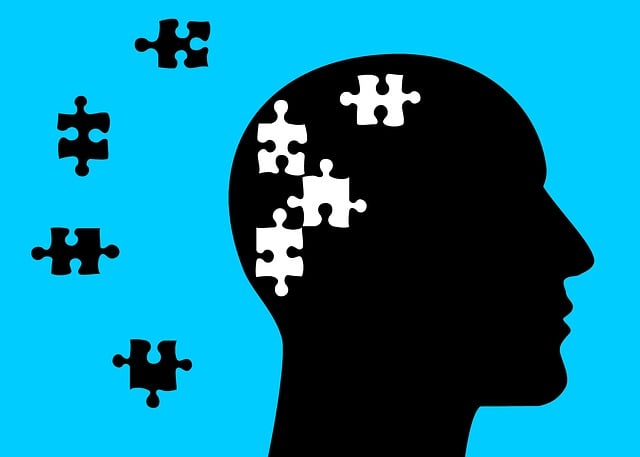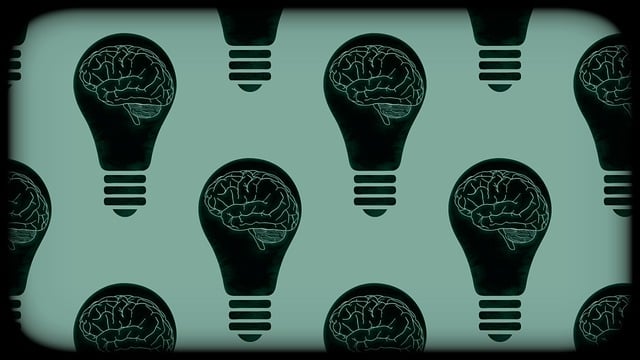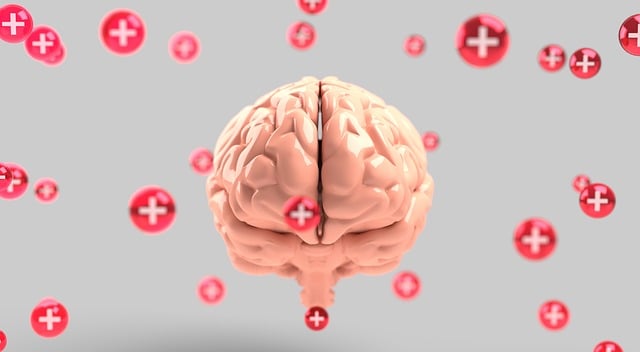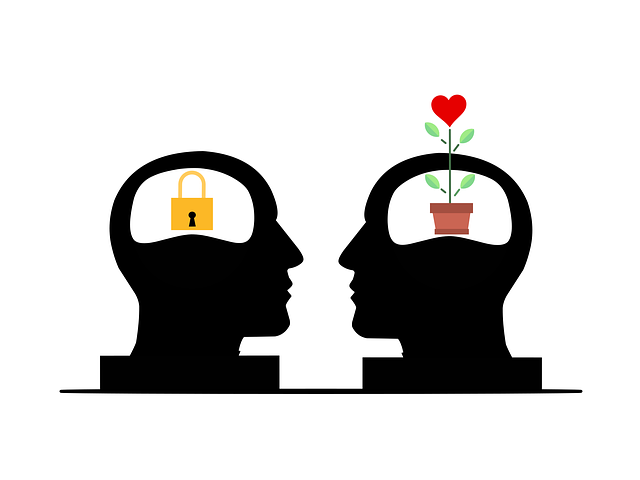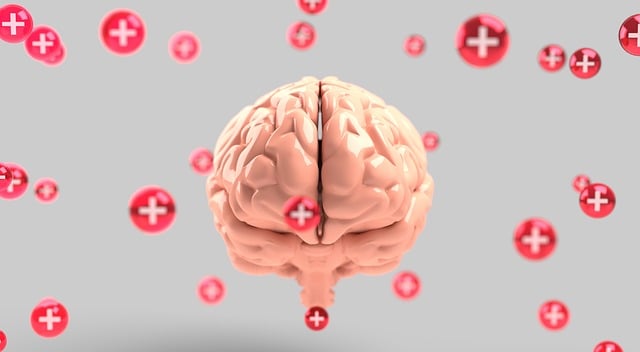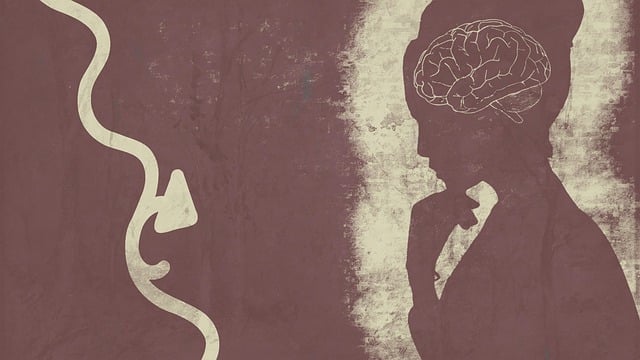Loss, grief, and bereavement pose significant emotional challenges for young adults, frequently accompanied by anger. Effective therapy for young adults addresses these complexities, offering safe spaces for expression and incorporating tailored communication strategies and anger management techniques. The ultimate goal is to facilitate anxiety relief, promote healing, and normalize the complex emotional landscape of grief through cognitive-behavioral therapy (CBT) and other methods. This holistic approach equips young adults with mental wellness coaching, conflict resolution skills, and burnout prevention methods for long-term adaptability and emotional intelligence.
“Loss, grief, and bereavement counseling are vital tools in helping young adults navigate a complex emotional journey. This article delves into understanding these profound experiences and their impact on mental health. We explore how therapy serves as a beacon of support during difficult times, with a specific focus on anger management for young adults. By addressing common emotions like anger, counseling offers effective strategies for long-term healing and growth post-loss, empowering individuals to find solace and rebuild.”
- Understanding Loss, Grief, and Bereavement: A Complex Emotional Journey
- The Role of Counseling in Supporting Young Adults Through Difficult Times
- Addressing Anger: A Common Emotion During Grief and How Therapy Can Help
- Effective Strategies for Long-Term Healing and Growth After Loss
Understanding Loss, Grief, and Bereavement: A Complex Emotional Journey

Loss, grief, and bereavement represent a complex emotional journey where individuals confront the profound absence of someone or something cherished. This process involves a spectrum of feelings, from deep sorrow to anger, often intertwined in a intricate dance. Understanding this unique experience is paramount for anyone considering therapy, especially young adults navigating these uncharted waters. The therapeutic process must acknowledge and address the multifaceted nature of grief, providing safe spaces for expression.
For young adults struggling with loss, effective therapy can incorporate communication strategies tailored to their experiences. It might also include anger management techniques as a means to process intense emotions. Mental health professionals play a crucial role in guiding individuals through this challenging period, integrating risk management planning to ensure the well-being of clients. Ultimately, the goal is to facilitate anxiety relief and promote healing by normalizing the complex emotional landscape of grief.
The Role of Counseling in Supporting Young Adults Through Difficult Times

For young adults navigating loss, grief, and bereavement, counseling can be a powerful tool for healing and personal growth. Many young people often face unique challenges when dealing with the death of a loved one, including complex emotions like anger, guilt, or confusion. Therapy for Young Adults provides a safe space to express these feelings without judgment. Through skilled counseling, individuals can learn healthy coping mechanisms to manage intense emotions, such as anger management strategies, which are invaluable in processing grief.
Counseling offers more than just emotional support; it facilitates the development of mental wellness coaching programs that empower young adults to take control of their well-being. By mastering conflict resolution techniques and burnout prevention methods, they can better navigate difficult times and build resilience. This holistic approach ensures that counseling goes beyond immediate grief support, fostering long-term adaptability and emotional intelligence in the face of life’s challenges.
Addressing Anger: A Common Emotion During Grief and How Therapy Can Help

Anger is a frequently overlooked yet common emotion experienced during the grieving process. Many individuals struggle to understand and manage this intense feeling, which can manifest in various ways, from irritability to violent outbursts. Young adults, in particular, might find themselves grappling with anger as they navigate the complexities of loss. This emotion can be especially challenging because it often goes against societal expectations of mourning—calm and quiet—but it’s a natural reaction to a profound sense of loss.
Therapy offers a safe space for young adults to explore and address their anger constructively. Through techniques like cognitive-behavioral therapy (CBT) or anger management programs tailored for this demographic, individuals can learn to recognize triggers and develop healthy coping strategies. By understanding the underlying causes of anger—such as feelings of helplessness, guilt, or frustration—young adults can begin to process their emotions in a more manageable way. The implementation of community outreach programs, public awareness campaigns about mental wellness, and even coaching programs focused on developing emotional intelligence can all support individuals in managing anger during bereavement, fostering better mental health outcomes.
Effective Strategies for Long-Term Healing and Growth After Loss

Grief is a complex process that can last for years, and finding healthy ways to cope is essential for long-term healing. One effective strategy for young adults navigating loss is therapy, which provides a safe space to express emotions, especially those that may feel unmanageable like anger. Through counseling, individuals learn emotional intelligence—understanding and regulating their feelings—a skill crucial for mood management during bereavement. Therapists can help clients identify healthy coping mechanisms, such as journaling or engaging in creative outlets, to process the loss and work through the stages of grief.
Additionally, group therapy sessions can offer a sense of community and shared experience, reducing feelings of isolation. By participating in these groups, young adults can learn from others’ emotional healing processes, gain different perspectives on their grief, and develop a support system. Anger management techniques are often incorporated into counseling to help individuals process intense emotions constructively, ensuring they don’t become barriers to personal growth during the healing journey.
Loss, grief, and bereavement counseling play a pivotal role in helping young adults navigate their complex emotional journeys. By addressing fundamental aspects like understanding loss and managing anger through therapy, this support system enables individuals to process their feelings effectively. Ultimately, these interventions foster long-term healing and personal growth, offering crucial tools for young adults to cope with life’s inevitable challenges, including anger management strategies tailored to their needs.
